- News
- Reviews
- Bikes
- Components
- Bar tape & grips
- Bottom brackets
- Brake & gear cables
- Brake & STI levers
- Brake pads & spares
- Brakes
- Cassettes & freewheels
- Chains
- Chainsets & chainrings
- Derailleurs - front
- Derailleurs - rear
- Forks
- Gear levers & shifters
- Groupsets
- Handlebars & extensions
- Headsets
- Hubs
- Inner tubes
- Pedals
- Quick releases & skewers
- Saddles
- Seatposts
- Stems
- Wheels
- Tyres
- Tubeless valves
- Accessories
- Accessories - misc
- Computer mounts
- Bags
- Bar ends
- Bike bags & cases
- Bottle cages
- Bottles
- Cameras
- Car racks
- Child seats
- Computers
- Glasses
- GPS units
- Helmets
- Lights - front
- Lights - rear
- Lights - sets
- Locks
- Mirrors
- Mudguards
- Racks
- Pumps & CO2 inflators
- Puncture kits
- Reflectives
- Smart watches
- Stands and racks
- Trailers
- Clothing
- Health, fitness and nutrition
- Tools and workshop
- Miscellaneous
- Buyers Guides
- Features
- Forum
- Recommends
- Podcast
review
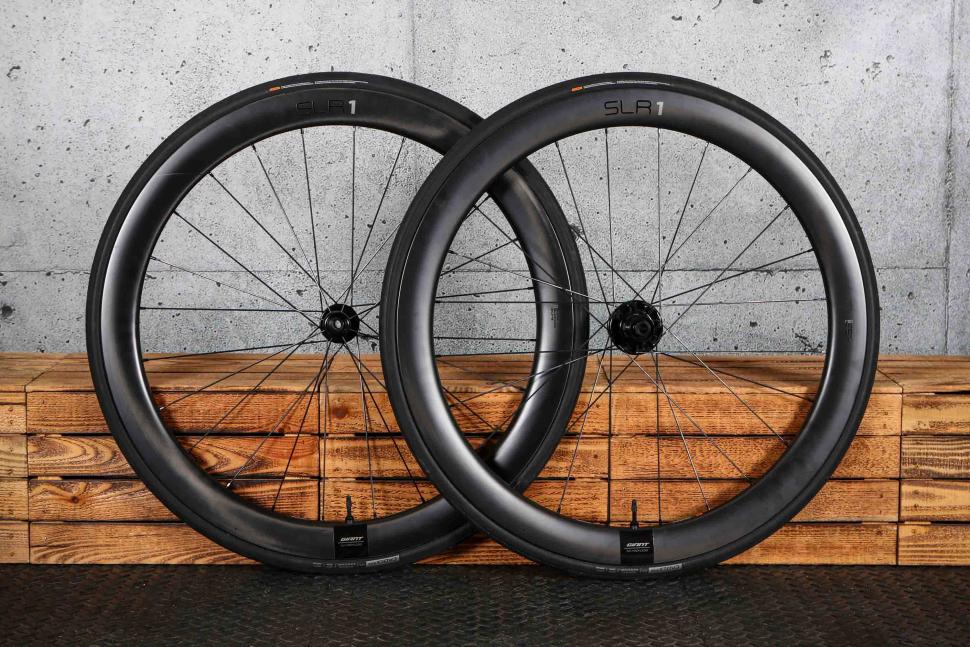 2024 Giant SLR 1 50 Disc WheelSystem.jpg
2024 Giant SLR 1 50 Disc WheelSystem.jpg£1,199.98
VERDICT:
A very stable wheelset that handles excellently, though the hookless design limits tyre choice somewhat
Impressive cornering stability
Good in crosswinds for mid-depth wheels
Decent value
Hookless profile limits tyre options
Fast but not as punchy as others
Weight:
1,525g
Contact:
At road.cc every product is thoroughly tested for as long as it takes to get a proper insight into how well it works. Our reviewers are experienced cyclists that we trust to be objective. While we strive to ensure that opinions expressed are backed up by facts, reviews are by their nature an informed opinion, not a definitive verdict. We don't intentionally try to break anything (except locks) but we do try to look for weak points in any design. The overall score is not just an average of the other scores: it reflects both a product's function and value – with value determined by how a product compares with items of similar spec, quality, and price.
What the road.cc scores meanGood scores are more common than bad, because fortunately good products are more common than bad.
- Exceptional
- Excellent
- Very Good
- Good
- Quite good
- Average
- Not so good
- Poor
- Bad
- Appalling
The Giant SLR 1 50 Disc WheelSystem is an affordable set of wheels that spin up to speed fairly well, their impressive stability makes them great through corners and they deliver predictable handling on descents. The main downside is that their hookless design limits your tyre choices to a tubeless set-up.
> Buy now: Giant SLR 1 50 Disc WheelSystem for £1199.98 from Giant
These have 50mm-deep rims, which puts them at the aero end of the road wheel spectrum. They're also available with 36mm, 42mm and 65mm-deep rims, and as they're sold individually, you can mix and match – pairing a shallower front rim for better handling with a deeper rear for improved aerodynamics. The front costs £499.99, the rear £699.99.
The SLR 1s are at the higher end of Giant's SLR wheel range, with the SLR 2s having a different hub, lower quality 'free' tyres and heavier spokes. Matt reviewed the SLR 2s last year and thought they were a good set of budget wheels, but that their freehub had a slow pick-up and their ride was a little firm.
The SLR 1s are better in each of these areas than their less expensive stablemates, but it's worth bearing in mind that Giant also has Cadex wheels in its line-up, which are effectively the premium versions. In effect this makes the SLR 1s a mid-range wheelset.
These have a 22.4mm inner and 30mm outer rim width, so you can generally run almost any tubeless or tubeless-ready tyres from 25mm up to 32mm (and there's even a 23mm Cadex tyre that is compatible).
There are some caveats in that if you want to run over 72.5psi with tyres that are 28mm wide or wider, then your tyre choice is limited. Giant has a compatibility chart to show you which tyres passed its testing protocol above this pressure, but if you stick to the 72.5psi recommended limit - a pressure you probably wouldn't want to exceed on wider tyres anyway - then this won't be an issue, and most tubeless or tubeless-ready tyres will be fine. This is actually more generous in terms of compatibility than most brands that offer hookless rims, because at least the option is there to run higher pressures if you insist.
There is also a small list of tyres that Giant says failed its safety protocol, including the Pirelli P Zero Race TLR SL, so just check the compatibility chart if in doubt.
When they arrived the wheels had 25mm Cadex Aero Tubeless tyres fitted. This was useful, in that I could just fit the wheels on my bike and go – but I haven't run tyres less than 28mm wide in quite a while.
The hookless rims' inner width combines with those 25mm tyres to create a tyre profile that adds stability. Though when fitted the tyres are actually narrower than the rims, which I think looks a little odd.
Giant SLR 1 50 Disc WheelSystem Ride
The first thing to say about these wheels is that the ride they deliver is impressively stable. I found that cornering was predictable even at speed, so on descents in particular I felt confident hitting corners at pace. The beads are 3.8mm wide, which Giant claims increases support for high-volume tyres and which should make for better cornering – and my experience on the road suggests this is actually the case.
I found that these wheels were also good in the wind despite their relatively deep rims. I was testing during the time of year when rain and wind was picking up, so I had ample time to test their effectiveness in tricky and challenging conditions. And I found them pretty stable even during some really quite gusty rides.
The wheels are no slouches either and I had no complaints when I was putting the hammer down. The speed of engagement isn't quite up there with the engagement on more expensive models, but it's exactly what I would expect on wheels at this sort of price.
Giant SLR 1 50 Disc WheelSystem Weight
Our test pair weighed in at 1525g, which is reasonable for wheels at this price and a mere 7g over their claimed weight. The Ere Research Genus II CL45 wheelset has rims that are 5mm shallower and weight 100g less.
The Scope R5.A All-Road wheelset has deeper rims but the weight is a whopping 1,820g, though these are a more all-road design made for both tarmac and gravel, so they will be more robust.
We also liked the the Parcours Chrono wheelset, which in spite of their 68mm-deep front rim and 75mm-deep rear rim, have a weight between that of the Ere and the Parcours, coming in at a very decent 1,670g and their performance was excellent, with surprising stability.
Giant SLR 1 50 Disc WheelSystem Setup
As you'd expect the review wheelset came with tyres on, so the initial setup was a doddle – all I had to do was pop on some discs and a cassette. And having to take the tyres off to accurately weigh them, I found the tyres came off and went back on the rims very easily. That said, Giant has somehow managed to find the worst smelling sealant I've ever come across!
The wheels come with rim tape that stayed in place throughout testing, and the fit was nice and tight around the rims. They also include tubeless valves, which stayed unclogged and tight throughout the review period.
The wheels come with a two-year warranty and have a healthy rider, bike and kit weight limit of 129kg, which should cover most of us.
Value
The £1,199.98 RRP is pretty good for wheels of this quality and that are the most stable wheels I've ridden at this sort of price.
Stu reviewed the £1,386 Scope R5.A All-Road wheels, but their more robust all-road design comes with a fairly hefty weight penalty compared to the Giant wheels.
Matt scored the Ere Research Genus II CL45 wheels 9/10 back in January. At 45mm the rims aren't quite as deep, but they're a 100g lighter than the SLR 1s. Their stability is similar but they're slightly more responsive.
For a very similar price and with even deeper rims you've got the Parcours Chrono wheelset. They cost £1,199 and even with 68mm and 75mm-deep rims their weight is reasonable – and Jamie found their handling excellent.
And for more options our best road bike wheels buyer's guide rounds up our top hoops from £250 to over £2,500.
Overall
I think Giant's SLR 1 is an excellent wheelset that offers impressive stability when you're cornering and descending, even during gusty autumn conditions – and it's this stability that I feel is the outstanding feature. They feel fast too, though there are some wheels out that with a quicker engagement.
> Buy now: Giant SLR 1 50 Disc WheelSystem for £1199.98 from Giant
Verdict
A very stable wheelset that handles excellently, though the hookless design limits tyre choices somewhat
road.cc test report
Make and model: Giant SLR 1 50 Disc WheelSystem
Size tested: 700C
Tell us what the wheel is for and who it's aimed at. What do the manufacturers say about it? How does that compare to your own feelings about it?
The new SLR 1 50 Disc WheelSystem combines aerodynamic efficiency and minimized power loss in a lightweight package designed for versatile road performance. The SLR 1 50 features 50mm aero rim profiles for efficiency on the flats and a dynamic ride quality on hillier roads. Hookless rims with a broad inner width offer greater support for high-volume tires along with enhanced sidewall stiffness for better grip and cornering.
Tell us some more about the technical aspects of the wheel?
Rim Material Carbon
Rim Type Hookless Clincher
TubelessGiant Tubeless System (rim tape and valve kit included)
Suggested Tire Size 700 x 25C – 700 x 32C
Rim Height 50mm
Rim Outer Width 30mm
Rim Inner Width 22.4mm
Rate the wheel for quality of construction:
8/10
No complaints about the quality of the construction. Throughout the review period I was riding on some pretty awful roads during poor weather and the wheels stayed true throughout.
Rate the wheel for performance:
9/10
The acceleration is about what I would expect for wheels at this sort of price, and their lateral stability is very impressive, delivering reliable and confident cornering, even on descents.
Rate the wheel for durability:
8/10
The quality of construction gives me no reason to believe they won't last.
Rate the wheel for weight
7/10
You can find lighter weight wheels at this price, but these are generally about par for this amount of money.
Rate the wheel for value:
5/10
The price is pretty much exactly where I would expect it to be for wheels delivering this sort of quality, weight and performance.
Did the wheels stay true? Any issues with spoke tension?
They stayed true throughout the review – nothing to report.
How easy did you find it to fit tyres?
The 25mm tyres that came with the wheels were easy to fit – however, as the rims are hookless you will need to make sure your tyres are tubeless or tubeless-ready
How did the wheel extras (eg skewers and rim tape) perform?
The wheels came with rim tape and tubeless valves – and both worked well. The valves were secure and didn't clog and no air was lost through the rim tape.
Tell us how the wheel performed overall when used for its designed purpose
They performed well – their stability and speed on descents make them pretty easy to recommend. If you're looking for instant acceleration you'd probably be looking for a higher price bracket, but for where these sit in the market they are impressive.
Tell us what you particularly liked about the wheel
The stability – it's great when a set of wheels can give you that extra confidence to hit corners with that bit more pace even during gusty riding conditions.
Tell us what you particularly disliked about the wheel
The hookless design has some benefits, but the limitations in regard to the tyre choice is a potential negative.
How does the price compare to that of similar products in the market, including ones recently tested on road.cc?
The £1,386 Scope R5.A All-Road wheels Stu reviewed have a more robust all-road design, but they do have a fairly hefty weight penalty compared to the SLR1s.
Matt rated the Ere Research Genus II wheels very highly in January. They aren't as deep at 45mm, but do have a 100g weight advantage – they are slightly more responsive and offer similar stability at the SLR1s.
Did you enjoy using the wheel? Yes
Would you consider buying the wheel? Yes
Would you recommend the wheel to a friend? Yes
Use this box to explain your overall score
These are a very good pair of wheels that are a great option at this price. Their acceleration may be fairly average, but they more than make up for this in their stability and cornering.
About the tester
Age: 35
I usually ride: CAAD13 My best bike is: Cannondale Supersix Evo
I've been riding for: 10-20 years I ride: Every day I would class myself as: Expert
I regularly do the following types of riding: commuting, club rides, sportives, general fitness riding, fixed/singlespeed,
George is the host of the road.cc podcast and has been writing for road.cc since 2014. He has reviewed everything from a saddle with a shark fin through to a set of glasses with a HUD and everything in between.
Although, ironically, spending more time writing and talking about cycling than on the bike nowadays, he still manages to do a couple of decent rides every week on his ever changing number of bikes.
Latest Comments
- Rendel Harris 3 min 37 sec ago
Well I'm "woke", apparently and I certainly like a drink, but Russia has been a nation of topers since time immemorial, travellers in the 16th...
- Rendel Harris 8 min ago
Ah, interesting. One would've thought it's not beyond the bounds of possibility to create some sort of U-bend or one-way valve fixture that could...
- chrisonabike 1 sec ago
It might, if they stopped driving....
- HLaB 30 min 17 sec ago
That's more than double my car mileage but I'm kinda in the same boat, but I don't feel jealous of folk I'd rather have the freedom to spend my...
- quiff 40 min 8 sec ago
The intent is interesting - you might argue that the intent is deterrent and you never intend anyone to actually come into contact with the gas - a...
- howyaBen 57 min 34 sec ago
I like the measure of effectiveness of the new Hutch tires, % of wattage improvement. Instead of saying, "28.6 watts at 49.34 km per mile a nano...
- David9694 57 min 52 sec ago
Random driver account: "cyclists should be made to wear hi viz like workers do on a building site"....
- quiff 1 hour 10 min ago
"The algorithm" served me an older JV video last week which I now can't get out of my head....
- quiff 3 hours 27 min ago
Holy thread resurrection Batman!










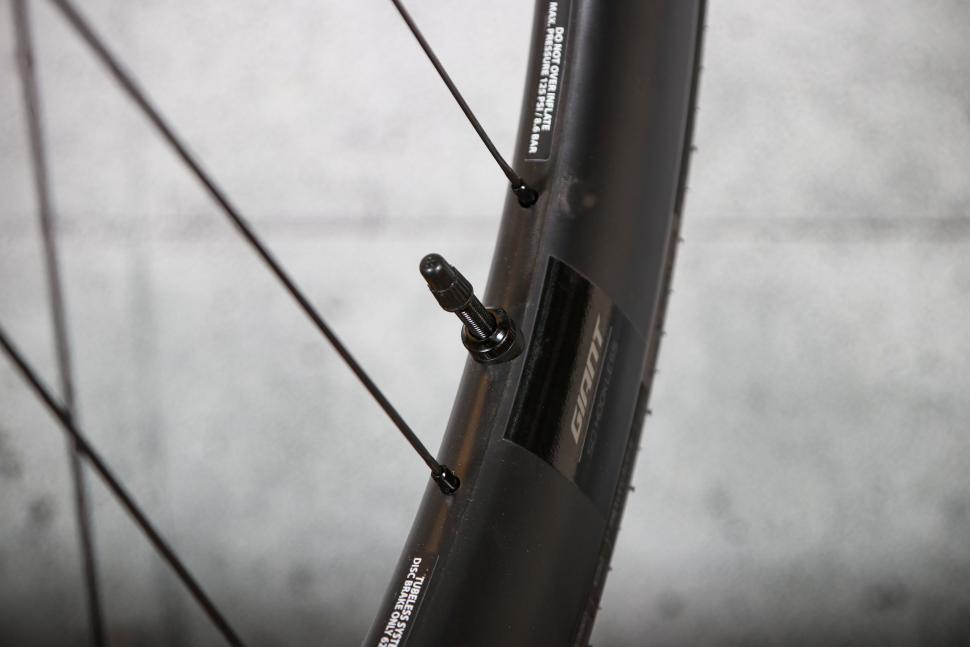
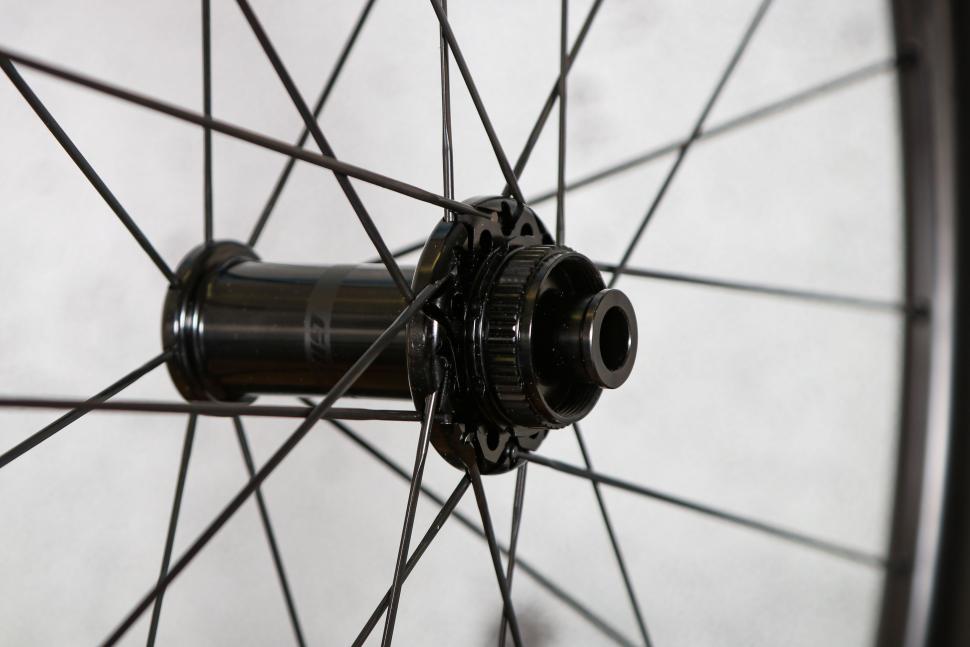
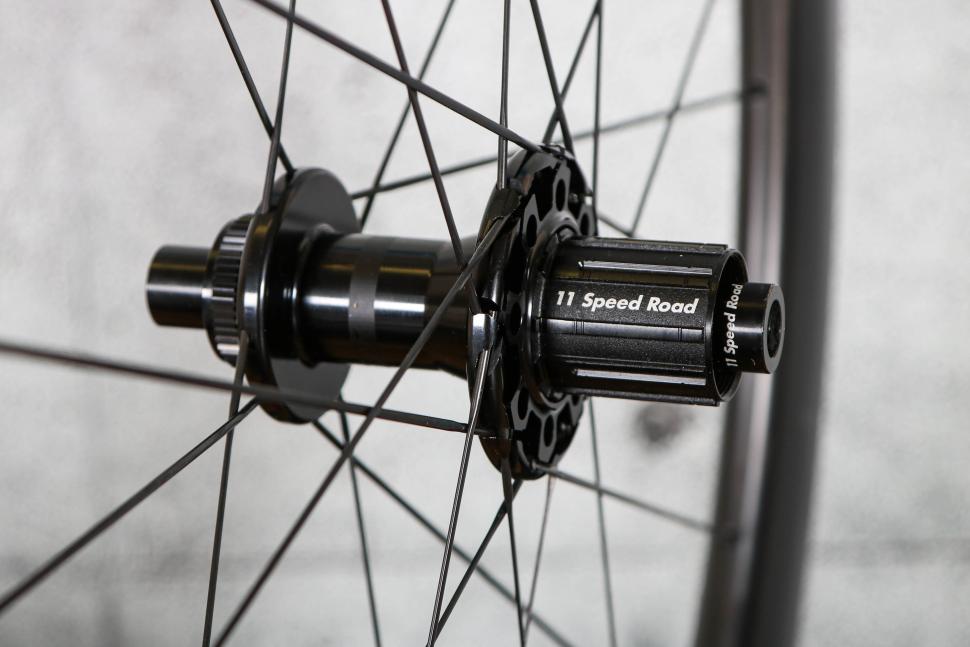
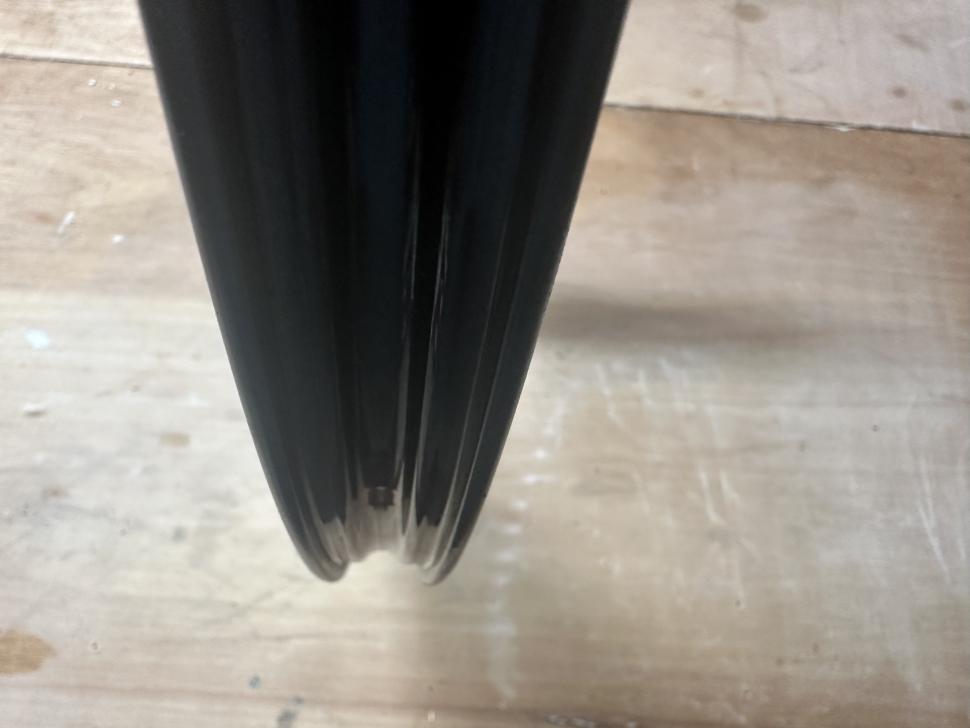
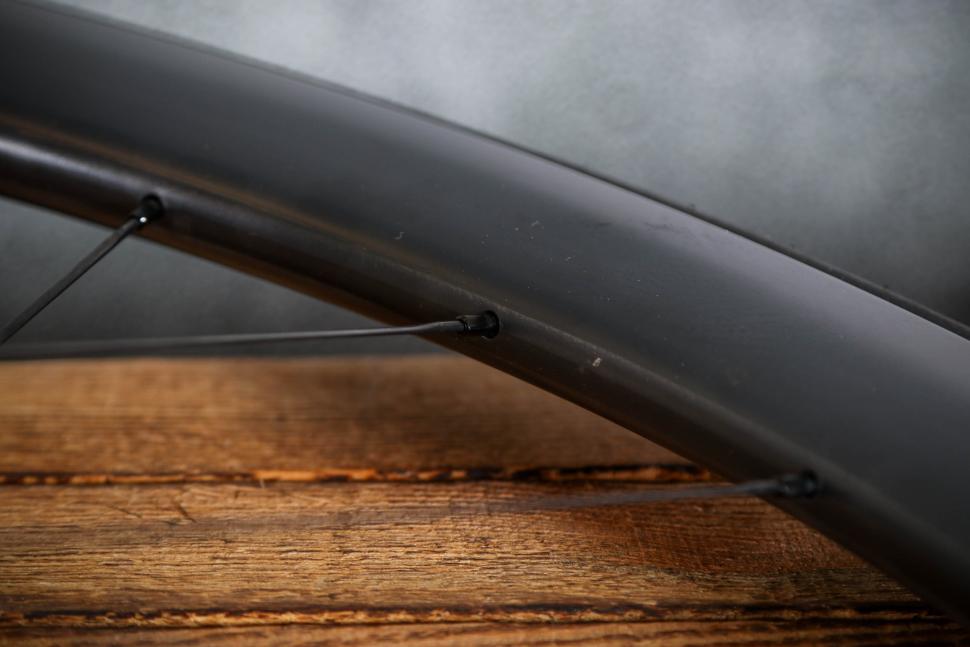
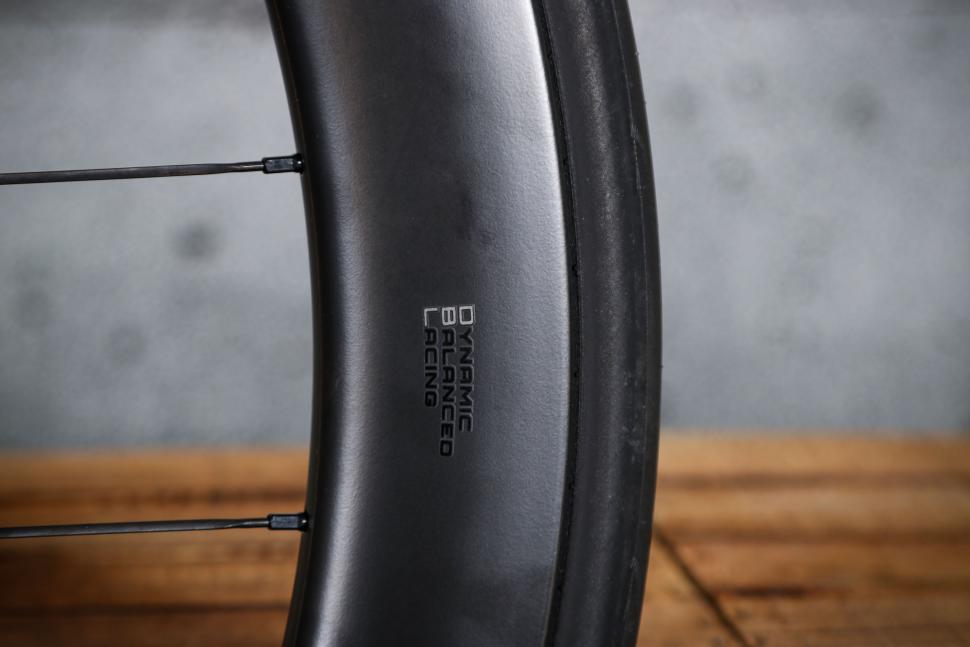
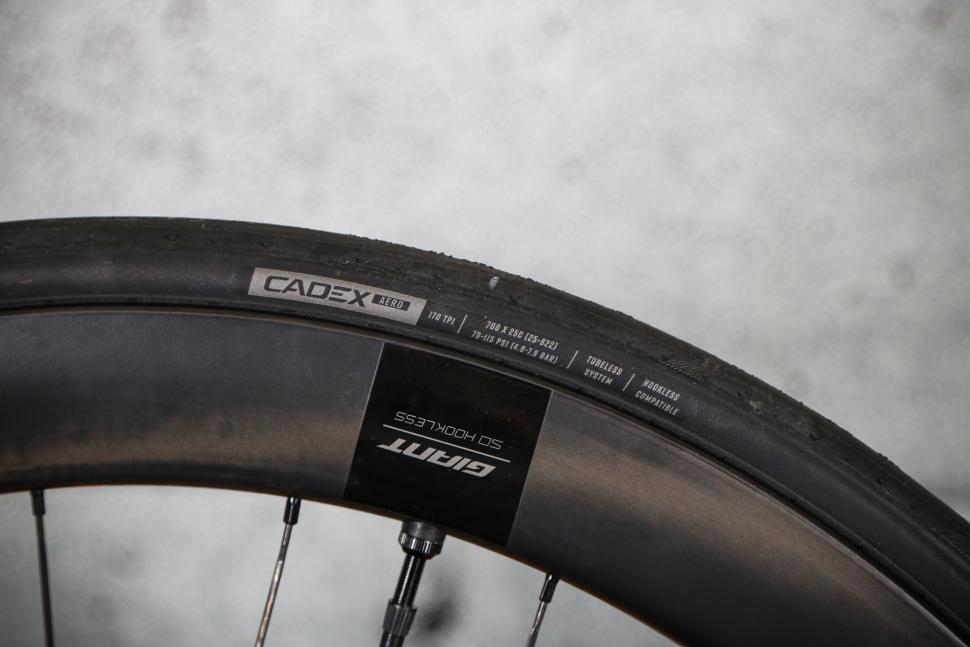
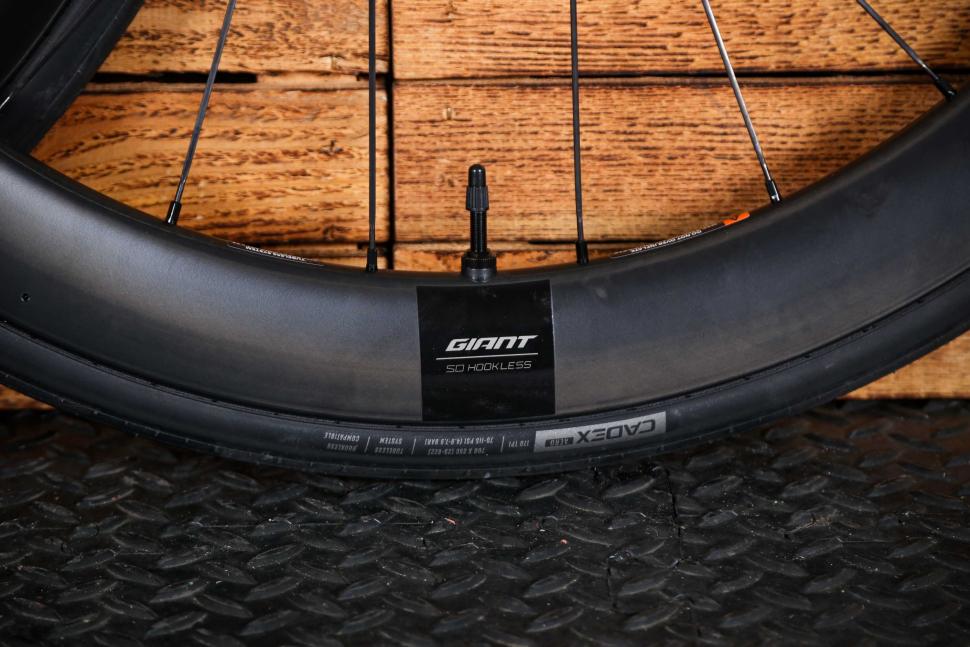
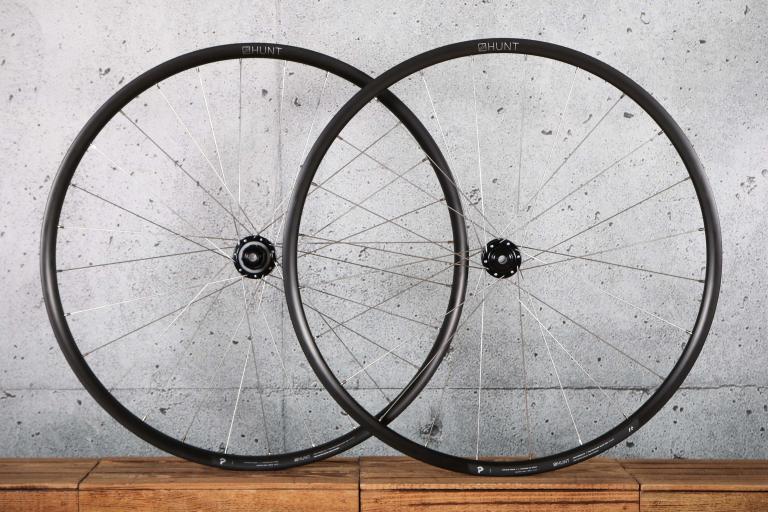
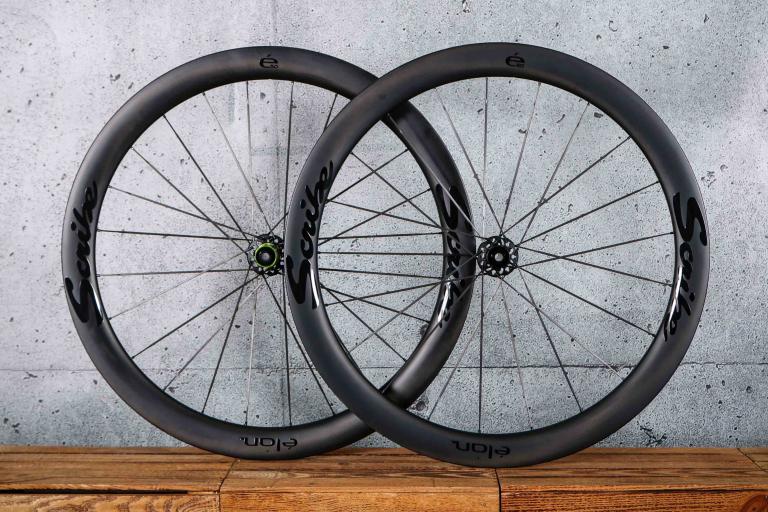
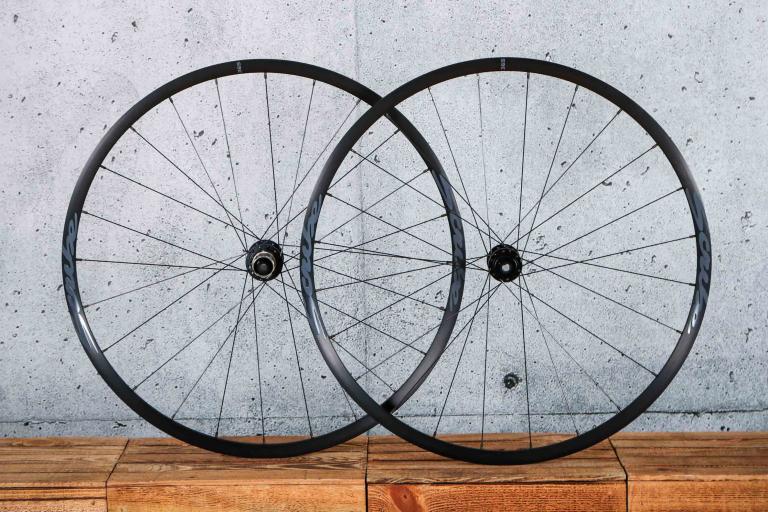
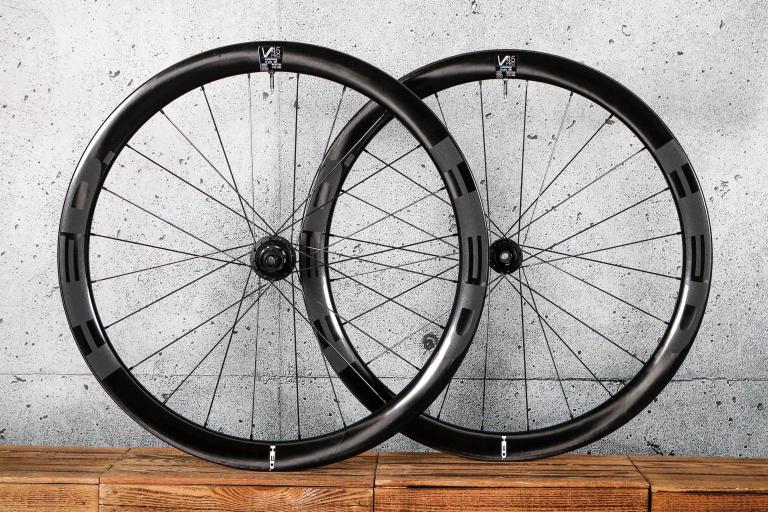
Add new comment
8 comments
Hookless profile limits
tyre optionsyour chances of staying alive (prejudice alert!)I still have a couple of Birmalux rims in 27" that are hookless.
Ah come on, what's "the speed of engagement" when it's at home and can you genuinely tell the difference between whatever it might be for this and, say, a £2000 wheelset? It would make a great feature if road.cc did a double blind test with blanked-out wheels and asked reviewers to choose the best, I suspect without the confirmation bias of knowing which wheels were the priciest the results would be...interesting...
Speed of engagement depends on a higher hub pawl count. Lower cost hubs have less.
It depends on the hubs/ free hubs. Cost has little to do with it.
I took that to mean the engagement angle of the freehub, and it's definitely possible to tell the difference. I changed the star ratchet on a set of Rovals (DT Swiss hub) from 18T to 54T. This in turn decreased the idle area by 2/3rds when turning the pedals, from 20 degrees to under 7 degrees.
Whether this makes a performance improvement or not is debatable, and the service interval of the freehub is reduced as each tooth is smaller. However, subjectively, in my opinion it feels better to ride, and sounds better.
Okay, maybe I'm wrong. But by my calculation the improvement you described above, saving 13° of 360°, amounts to a 3% reduction in movement before engagement, is that right? I would question whether that can really be felt or whether one would be able to tell the difference in a blind test. Maybe I'm just not sensitive to it, my bikes have, respectively, Dura Ace, 105, Tiagra and Tourney groupsets: I would assume the speed of engagement is better the higher up the hierarchy one goes but to be honest I've never noticed a difference between them.
Another way to look at it is that the 18T has 3x more dead/idle area than 54T, again it's probably subjective as I don't claim to be good enough to say with any authority it performs better, just feels better. It's more noticeable at slower speeds when alternating between freewheeling and pedalling.
Ref groupset hierarchy, this isn't really related to the groupset as such, it's entirely down to the freehub of the wheel. Often a manufacturer will put in a more robust ratchet (for example 18T in the case of DT Swiss) so they last longer and minimise warranty returns.
Below is the difference between 18T & 54T, and on DT Swiss hubs, it's these star ratchets that provide the different engagements.